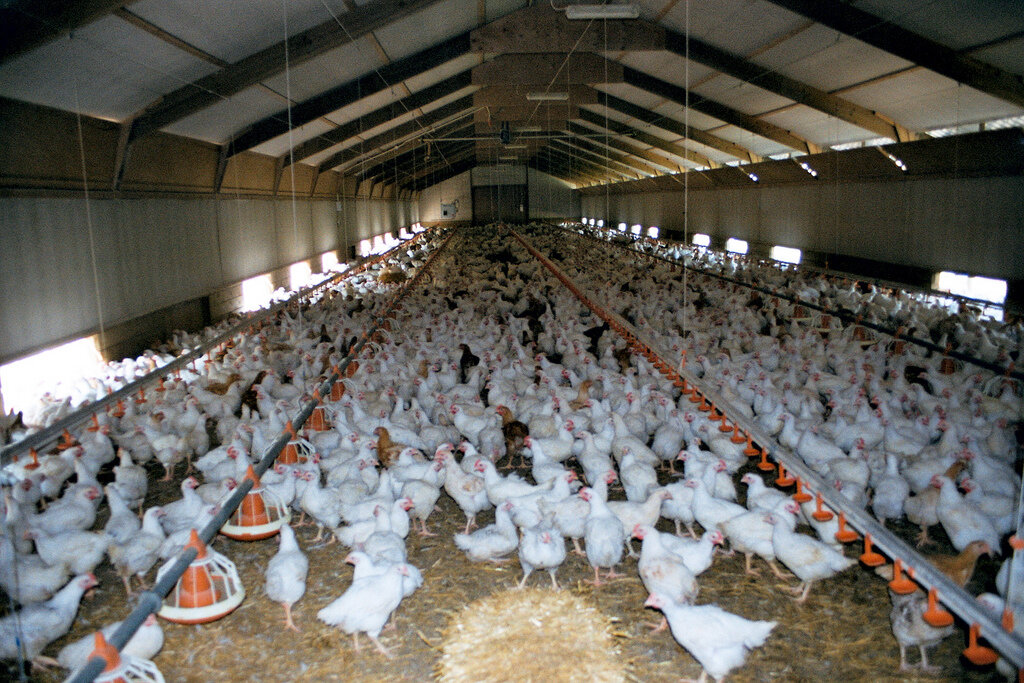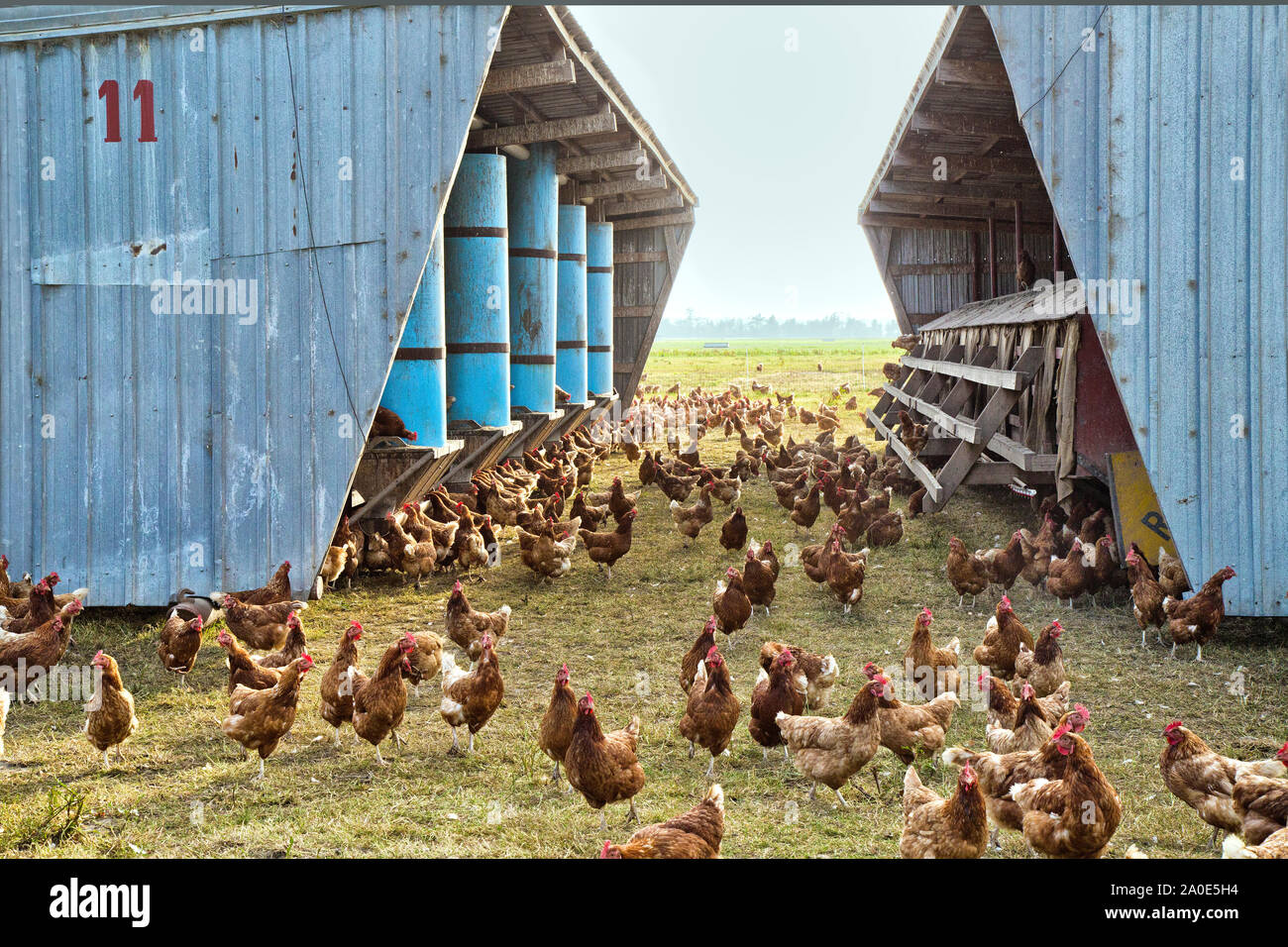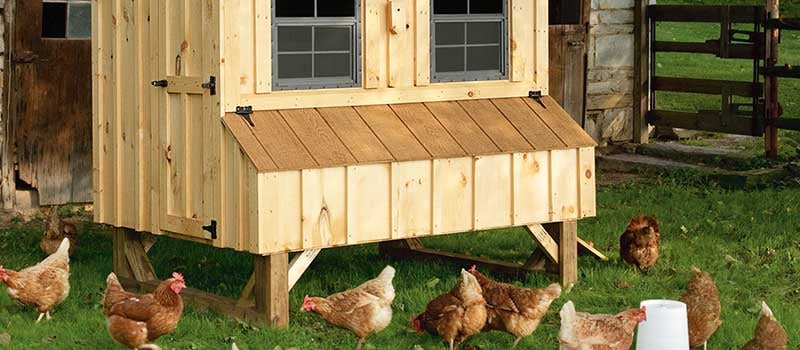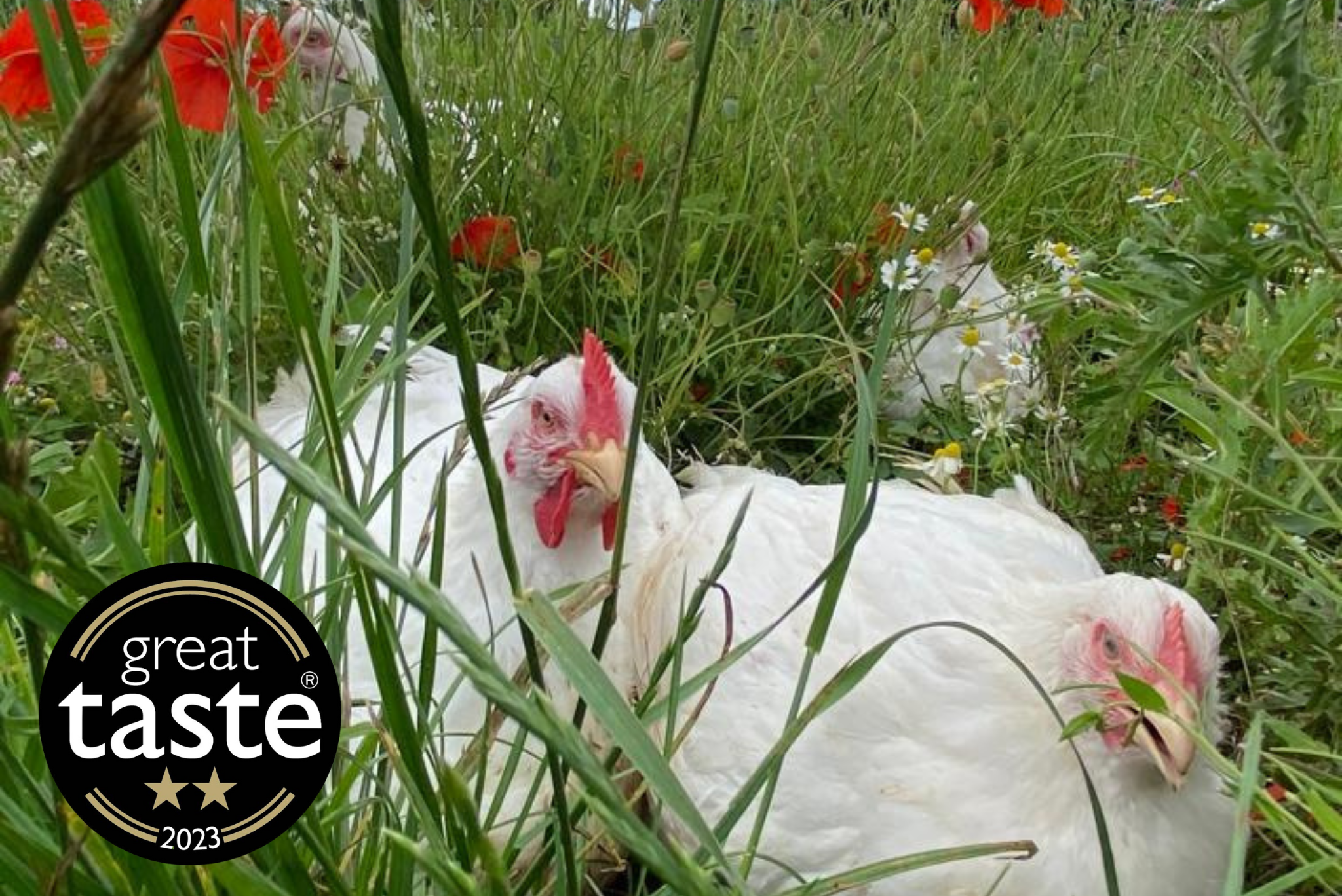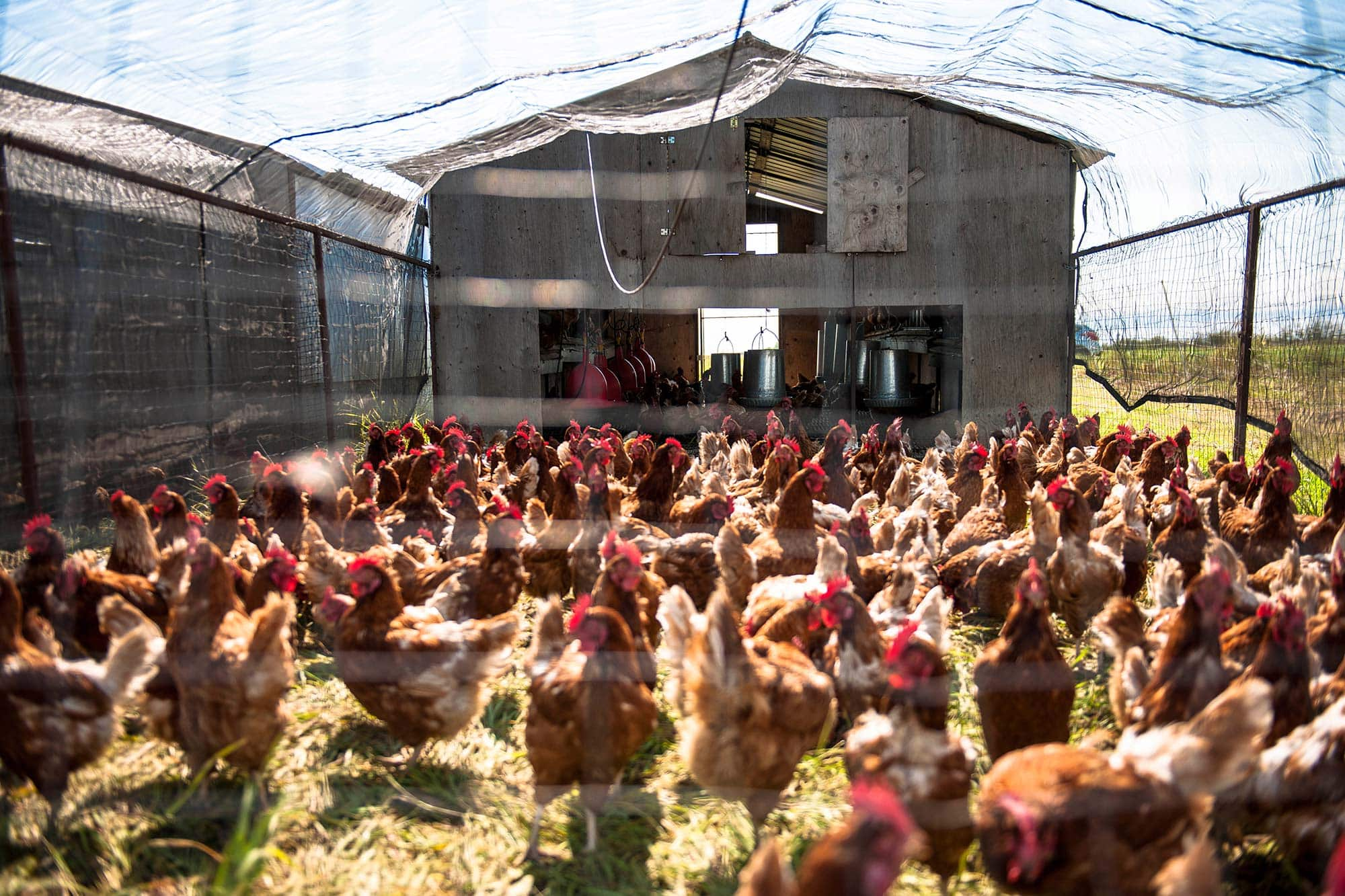The Environmental Case For Free-Range Livestock? - Center for Nutrition Studies
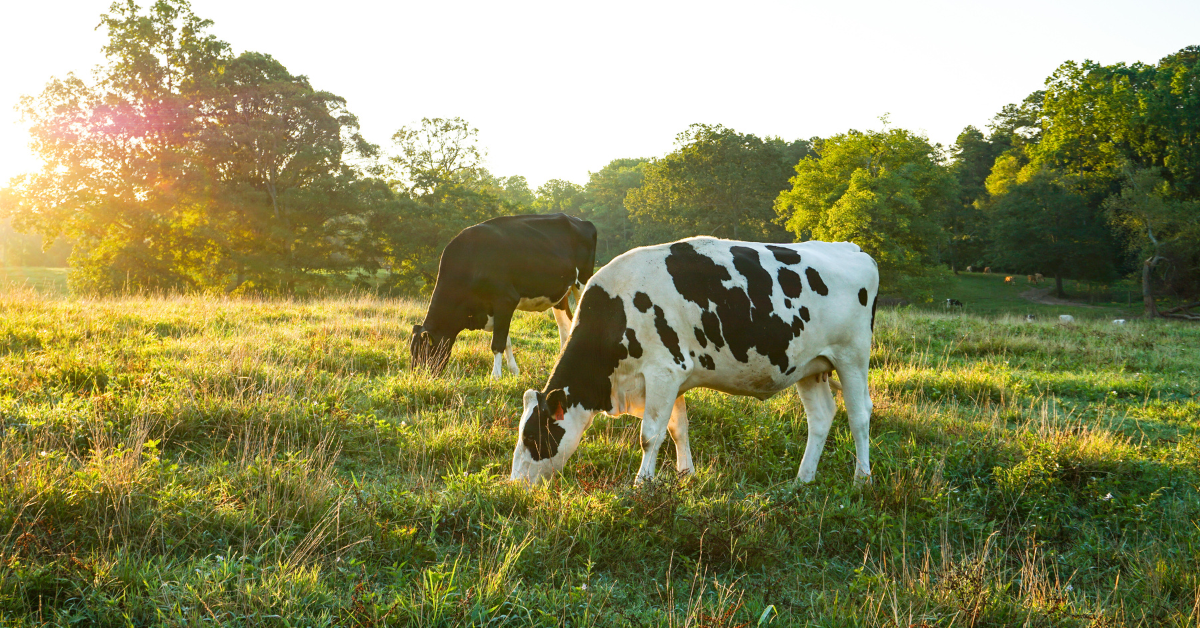
By A Mystery Man Writer
The agricultural system is designed to provide for diets high in animal products. Nine in ten Americans consume meat regularly, and three in five agree that eating red meat is part of the American way of life. This attitude and practice run contrary to the science of nutrition.

Agriculture Canada launches new Living Lab project at Saskatchewan's South of the Divide - Canadian Cattlemen

Climate-Conscious Ranching: Is Free-Range Really Better than Feedlots? - Inside Climate News

Business case analysis of low-carbon livestock production in Costa Rica

Is Grass-Fed Beef Really Better For The Planet? Here's The Science : The Salt : NPR
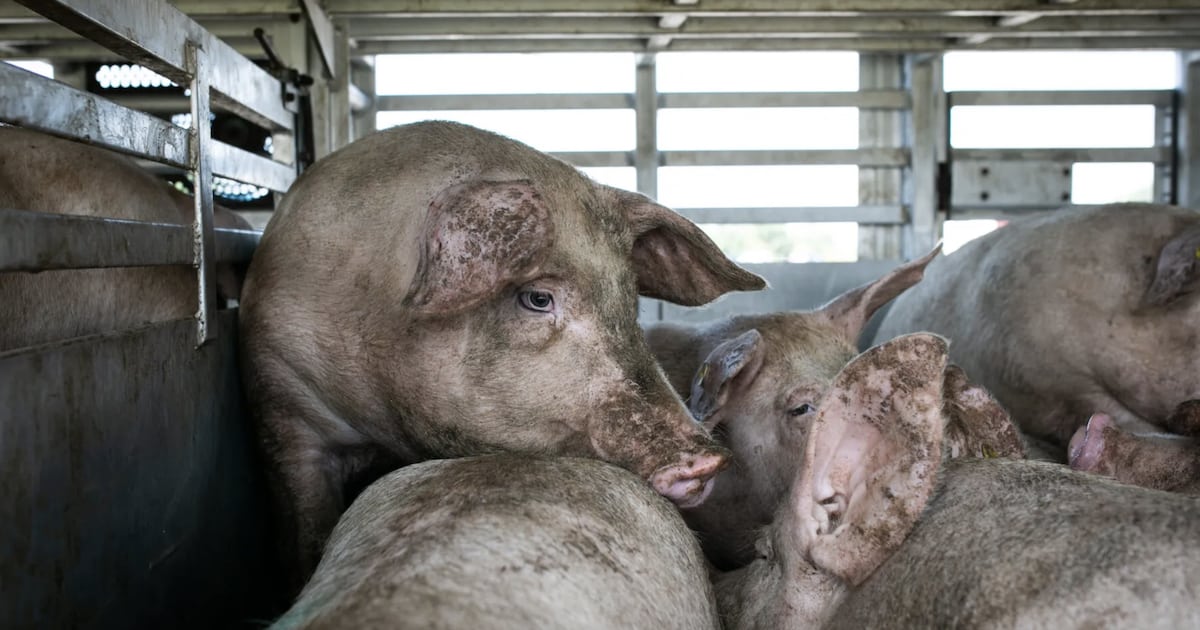
Slaughterhouses: The Harsh Reality of How Meat Is Made

PDF) The Cow in the Room: Public Knowledge of the Links Between Dietary Choices and Health and Environmental Impacts
:max_bytes(150000):strip_icc()/indoor-farm-of-hens-that-lay-eggs--1326159072-b47b12f4669e4426aada43436d18474b.jpg)
What's the Difference Between Cage-Free and Free-Range Eggs?

CABI Digital Library - Home
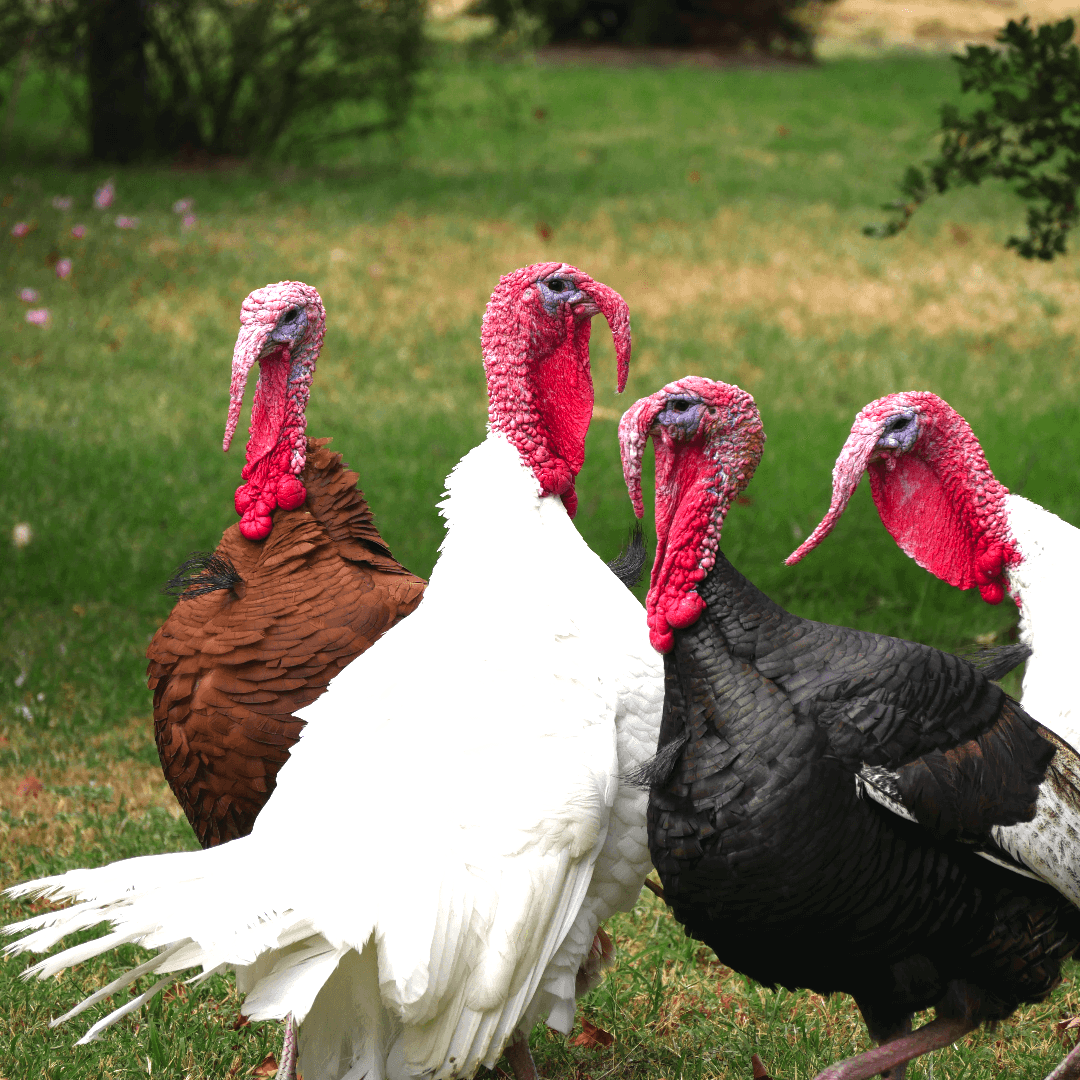
Beware of 'Grass-Fed' and 'Free Range' Labels—Why Sustainable, Ethical Meat Doesn't Exist

SOIL HEALTH - Farm & Food Care - Ontario

COP28 Starts to Crack a Tough Nut: Greenhouse Gas Emissions From Food - The New York Times

Livestock Don't Contribute 14.5% of…

The Nutritional Benefits of Pasture-Raised Meat Birds - HALAL-N-TAYYIB MEATS
- Vintage Maidenform Advertisement by Mary Beth Welch

- three ways to wear dress pants Archives - bishop&holland

- How an Ill-Fitting Bra Inspired ThirdLove Co-Founder Heidi Zak to

- MADEWELL CALI DEMI BOOT CORDUROY FRAYED HEM PANTS; SIZE 32 X 25

- Elowel Girls Thermal Underwear Set - Girls Long Johns Thermal Set - So

